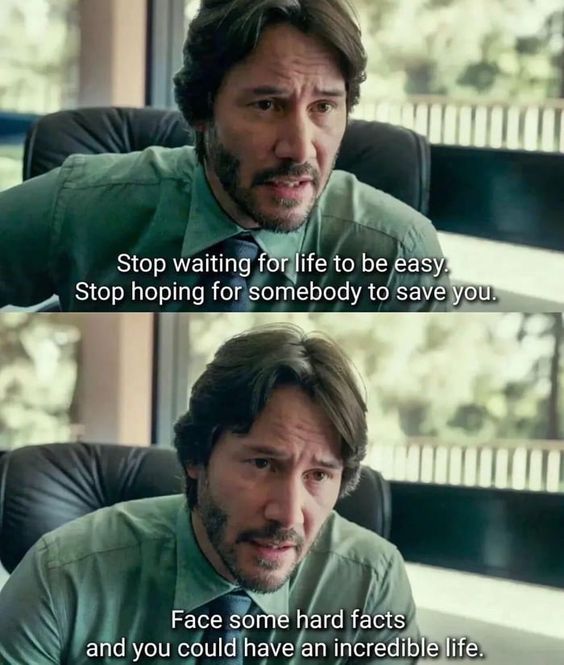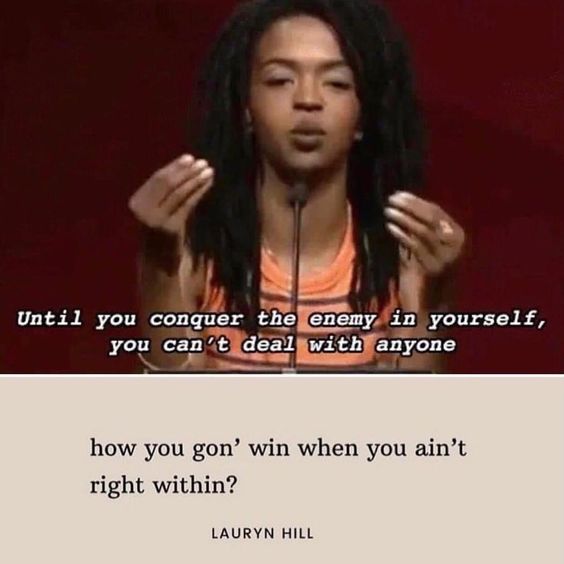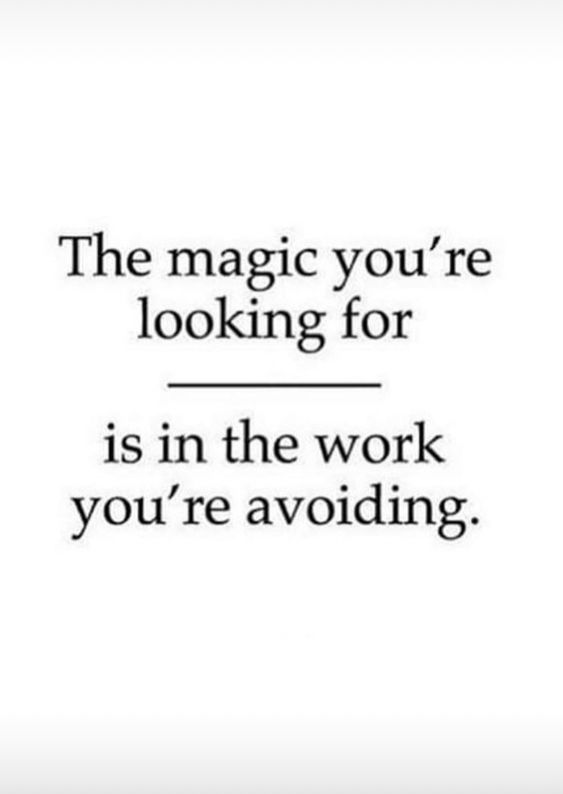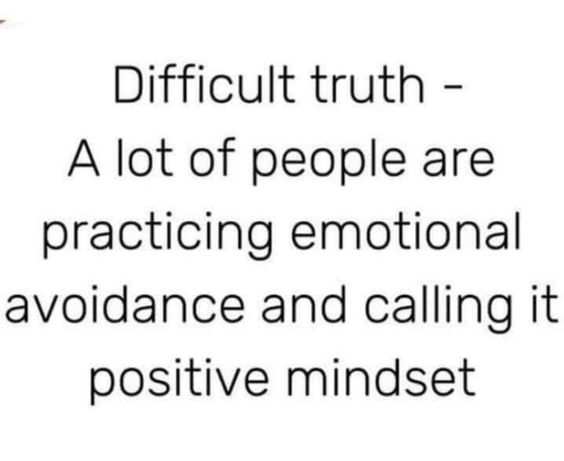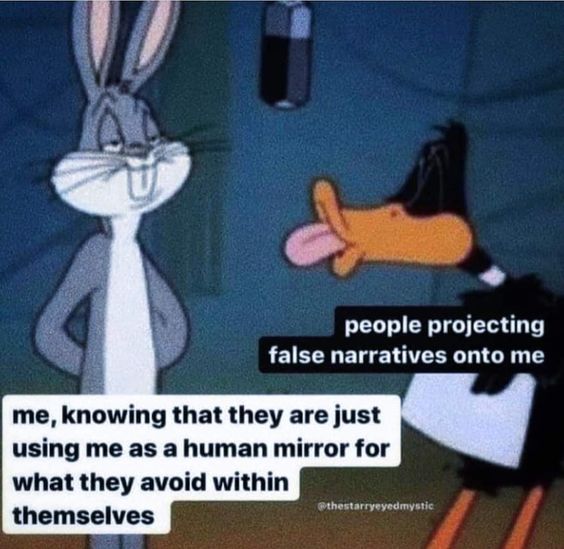“When you have a dream that seems to be significant—maybe violent, nightmarish, but you feel that there is some import in it—in the morning, or even in the middle of the night, before you forget the dream, sit in your bed and close your eyes. Befriend the dream; just tell it, ‘I am with you, and I am ready to come to you. Lead me wherever you want to lead me; I am available.’ Just surrender to the dream. Close your eyes and move with it, enjoy it; let the dream unfold. You will be surprised at what treasures a dream is hiding, and you will see that it keeps on unfolding.”
Osho, Everyday Osho (Page 152)
“The only victory lies in surrender to oneself.”
Sheldon B. Kopp, If You Meet Buddha On The Road, Kill Him! (Page 224)
“All evil is potential vitality in need of transformation.”
Sheldon B. Kopp, If You Meet Buddha On The Road, Kill Him! (Page 223)
“One of the reasons I stopped getting high was that that colorful fog came to seem like the only reality. Living in between highs was too often an empty drag. Many of my fellow hipsters began to bridge the gap with heroin. Some of them are now dead junkies, overdosed with illusion. I never tried heroin myself, because instinctively I knew that I would have liked it so much that in an instant I would have become the hippest of junkies, lost to myself forever. Since that time, chemically induced pilgrimages have seemed to me to be misleading detours. The way must not be sought by putting ecstasy into my body, but by finding it within my Self. Drugs can give pleasure and being high can be fund but the essence of pilgrimage cannot be found in a vial.”
Sheldon B. Kopp, If You Meet Buddha On The Road, Kill Him! (Page 203)
“So it is that there is nothing to be taught, but yet there is something to be learned. There is something we may come to understand, but not if we demand that it be explained to us. There is something that may happen to us, but not if we await its coming from outside of ourselves.”
Sheldon B. Kopp, If You Meet Buddha On The Road, Kill Him! (Page 190)
“As children we owned all of ourselves. As adults, in response to the expectations of others, we have had to hide much of ourselves away, out of sight even from our own eyes. The cost of such voluntary losses is great. No one can afford to give up any part of himself. All of you is worth something. Even the evil can be a source of vitality if only you can face it and transform it.”
Sheldon B. Kopp, If You Meet Buddha On The Road, Kill Him! (Page 141)
“The continuing struggle was once described in the following metaphor by a patient who had successfully completed a long course of psychotherapy: ‘I came to therapy hoping to receive butter for the bread of life. Instead, at the end, I emerged with a pail of sour milk, a churn, and instructions on how to use them.'”
Sheldon B. Kopp, If You Meet Buddha On The Road, Kill Him! (Page 138)
“We each learned again a bit more clearly that our old problems would remain temptations to messing-up for the rest of our lives, that we must each remember to remember that we will never be beyond error. Nothing important gets solved once and for all, finally and forever.”
Sheldon B. Kopp, If You Meet Buddha On The Road, Kill Him! (Page 138)
“When a psychotherapy patient does do the work of facing up to some of what he must endure, he is often rewarded by a sense of increased freedom and joy. However, as he comes to realize that there will be no light without some darkness, no rest without further toil, he may balk disappointedly to find that troubles never end. New solutions lead to new problems. New freedom leads to new responsibilities.”
Sheldon B. Kopp, If You Meet Buddha On The Road, Kill Him! (Page 136)
“Confronting one’s own personal garbage is the way to begin.”
Sheldon B. Kopp, If You Meet Buddha On The Road, Kill Him! (Page 126)
“If we flee from the evil in ourselves, we do it at our hazard. All evil is potential vitality in need of transformation. To live without the creative potential of our own destructiveness is to be a cardboard angel.”
Sheldon B. Kopp, If You Meet Buddha On The Road, Kill Him! (Page 109)
“When we lay claim to the evil in ourselves, we no longer need fear its occurring outside of our control. For example, a patient comes into therapy complaining that he does not get along well with other people; somehow he always says the wrong thing and hurts their feelings. He is really a nice guy, just has this uncontrollable, neurotic problem. What he does not want to know is that his ‘unconscious hostility’ is not his problem, it’s his solution. He is really not a nice guy who wants to be good; he’s a bastard who wants to hurt other people while still thinking of himself as a nice guy. If the therapist can guide him into the pit of his own ugly soul, then there may be hope for him. Once this pilgrim can see how angry and vindictive he is, he can trace his story and bring it to the light, instead of being doomed to relive it without awareness. Nothing about ourselves can be changed until it is first accepted.”
Sheldon B. Kopp, If You Meet Buddha On The Road, Kill Him! (Page 108)
“No patient in psychotherapy can recover his own beauty and innocence without first facing the ugliness and evil in himself. [Carl] Jung tells us we have ‘dealt the devil… [no] serious blow by calling him neurosis.'”
Sheldon B. Kopp, If You Meet Buddha On The Road, Kill Him! (Page 105)
“Psychotherapy patients also soon learn to be moved by their nocturnal visions as they discover that we are often wiser when we dream than when we are awake. Because the dreaming experience is unhampered by whorish Reason, and the dreamer is not distracted by the conventional wisdom of other people’s perspectives and expectations, we sometimes see most clearly when our eyes are closed.”
Sheldon B. Kopp, If You Meet Buddha On The Road, Kill Him! (Page 58)
“Each man has his Enkidu, his other half, his hidden self. The more he is out of touch with his double the more a man’s life is an empty and unsatisfying burlesque. When such a man comes to me as a pilgrim/patient, then like the goddess, Aruru, I try to introduce him to his double, so that they may come to embrace one another. For one strong man who lives like a brute, there is the double of his own soft helplessness to be met. Without his weak and passive double, his capacity for tenderness and gentle touch is also lost. For another sort of half-man who meets the world as Mr. Nice Guy, there is the danger of living a life of self-degrading appeasement. In order to become free to assert himself when he needs to, he must first be introduced to the ruthlessly dangerous double of his undiscovered rage.”
Sheldon B. Kopp, If You Meet Buddha On The Road, Kill Him! (Page 32)
